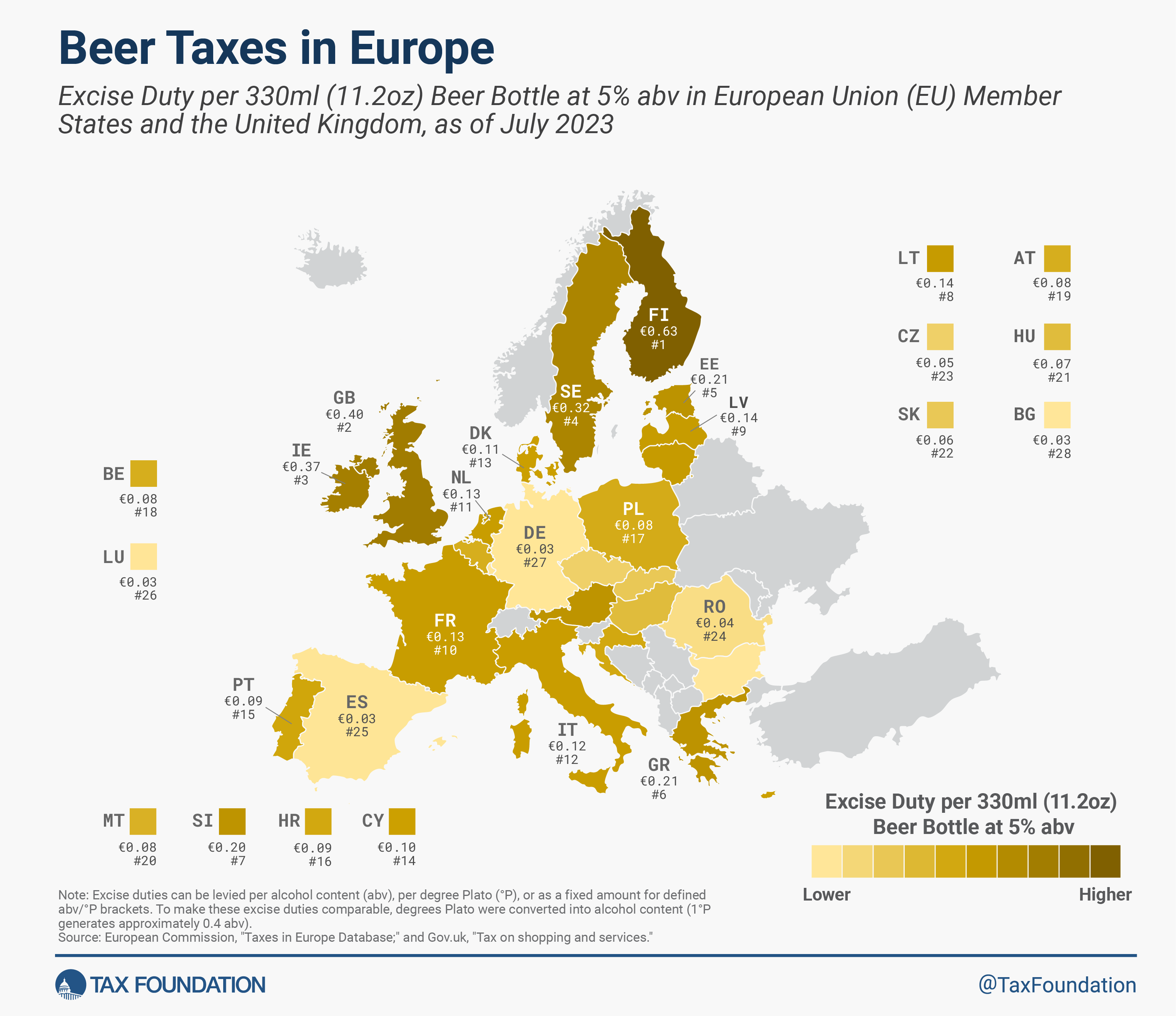IRS Going Paperless, Canada Going Digital
The IRS is launching a Paperless Processing Initiative to save time for taxpayers and revenue officials. After all the news stories about the IRS struggling to manage a massive backlog of paper returns, the agency is looking to save some trees. Treasury announced its plan to go paperless for all return filing and processing by the 2025 tax filing season. In the announcement, Treasury said the goal is to “eliminate up to 200 million pieces of paper annually, cut processing times in half, and expedite refunds by several weeks.”
Canada issues regulations ahead of digital services tax implementation. While EU countries seem open to pausing their use of digital services taxes – aimed at curbing tax avoidance by large American tech firms – as countries consider implementing the Organisation for Economic Co-operation and Development’s global tax plan, Canada is still full steam ahead. The Department of Finance put out 138 pages (Politico paywall) worth of regulations to prepare to implement the tax as soon as January 1, 2024.
Congress wants answers from Treasury on delays in issuing crypto regulations for information reporting. Sen. Elizabeth Warren (D-MA) was among a group of Senators asking about the delay in issuing rules defining “brokers” responsible for reporting cryptocurrency investor information to the IRS. The 2021 Infrastructure Investment and Jobs Act included the measure as a way to bring in a few billion dollars more in revenue. Tax lawyer James Creech told The Wall Street Journal that, at this point, hoping to see the rules in place for the 2024 filing season might be too ambitious.
Speaking of crypto, here is an option for taxing cryptocurrency “stakers” on their income. TPC’s Donald Marron is out with a new blog post examining how to appropriately tax cryptocurrency businesses that earn income from staking. The more cryptocurrency tokens a network issues, the more tokens a staker will need to set aside to bring in the same amount of income. “Stakers should be taxed on their net income, not their gross income,” Donald writes. “Stakers should pay ordinary income tax on their staking rewards. And they should get cost-recovery deductions for the staked tokens that made those rewards possible.”
State fiscal forecasts for 2024 are looking shaky. Per TPC’s Lucy Dadayan, states may need to put a pause on the recent flurry of tax cuts. “Prior surpluses are helping ease the transition to slower growth. But those resources will soon run out, forcing states to again grapple with the need for more revenue or spending cuts in the coming years.”
Questioning House Republican plans to reduce the flow of information to the IRS from freelancers and gig workers. Another tax effort stuck in limbo is requiring 1099K returns by DoorDash, Uber, PayPal, etc., for workers getting paid more than $600 a year on such platforms. The Republican thinking is that the rules will create headaches for taxpayers. But TPC’s Sadie Bograd and Steve Rosenthal examine why these new reporting rules are important to the health of the US tax code.
We still need answers on how to tax remote workers. In her latest TaxHound column, Renu Zaretsky looks at the many tax issues for people who work from home for employers in another city or state. Without careful coordination among states, or the US Supreme Court or Congress stepping in, “plenty more potential tax conflicts could arise, especially if the remote work trend is here to stay.”
The Daily Deduction will post Mondays until Congress returns from its recess.
For the latest tax news, subscribe to the Tax Policy Center’s Daily Deduction. Sign up here to have it delivered to your inbox weekdays at 8:00 am (Mondays only when Congress is in recess). We welcome tips on new research or other news. Email Renu Zaretsky at [email protected].






